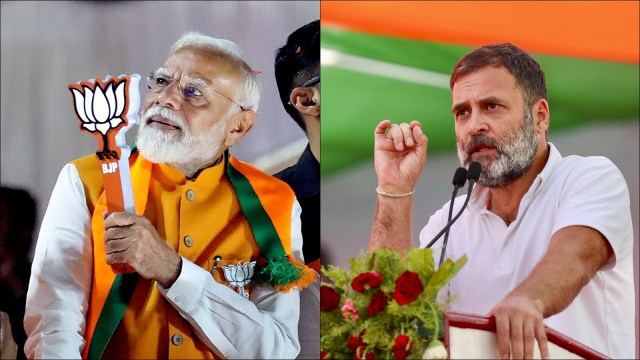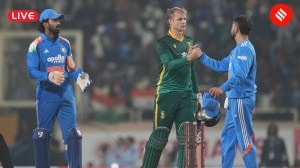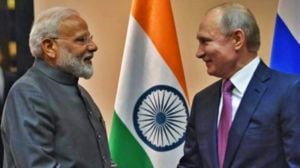Departing from its practice of directly seeking explanations from candidates on allegations of violating the Model Code of Conduct (MCC), the Election Commission of India issued notices Thursday to the presidents of the BJP and Congress on alleged breaches by their star campaigners, Prime Minister Narendra Modi and Congress leader Rahul Gandhi, respectively.
Putting BJP president J P Nadda and Congress president Mallikarjun Kharge on notice, the ECI sought “comments” from them by 11 am on April 29.

Although the Commission’s letter did not name the Prime Minister, its letter to Nadda contained complaints filed by the Congress, CPI and CPI (M-L) against Modi’s speech in Banswara, Rajasthan on April 21.
Also Read: Mallikarjun Kharge: ‘My people still not allowed in temples… if I went to Ayodhya, would they have tolerated it?’
In the speech, Modi referred to Muslims and claimed that the Congress, if voted to power, could distribute the nation’s wealth among “infiltrators” and “those who have more children”. The complainants alleged that these statements violated the MCC and Indian Penal Code sections pertaining to hate speech.
The Congress complaint sought immediate action against the Prime Minister. “While we have objections to the entire tone and tenor of the Prime Minister’s speech, in this representation we wish to highlight the completely unprecedented and malicious allegations…which are clearly aimed at creating enmity between groups, far worse than any ever made by a sitting Prime Minister in the history of India,” it said.
The Commission’s notice to Kharge included complaints filed by the BJP which alleged that Gandhi and Kharge violated the MCC.
Story continues below this ad
The BJP, in its complaint, stated that during a speech in Kottayam, Kerala on April 18, Gandhi made “false allegations” against the Prime Minister by stating that he had advocated “one nation, one language, and one religion”.
Additionally, the notice mentioned that Kharge, in comments made to The Indian Express on the same day, said that President Droupadi Murmu had not been invited to the Ram temple consecration ceremony because she is a member of a Scheduled Tribe.
The BJP’s complaint sought action against Gandhi and Kharge. It said Gandhi was trying to “create linguistic and cultural divide in the minds of the people of India for electoral gains”. Kharge and Gandhi, it said, had both claimed that the BJP would change the Constitution, which the party denied ever saying.
In its notices to Nadda and Kharge, the ECI said, “In view of the… plenary power of the political parties to nominate or withdraw the star campaigner’s status with associated responsibility and authority to control their star campaigners, the Commission has taken a view that while the individual star campaigner would continue to remain responsible for speeches made, the Commission will address party President/head of the political party, on case-to-case basis.”
Story continues below this ad
Both Nadda and Kharge have been asked by the Commission to bring to the notice of their star campaigners that they should “set high standards of political discourse and observe provisions of MCC in letter and spirit”.
Reacting to ECI’s unprecedented move, the Congress said the step is reflective of the “inhibition and fear” on the Commission’s part to act against the PM.
Congress leader Abhishek Singhvi said, “It is sad to find so much inhibition and fear in even issuing a notice to the Prime Minister, that too after a delay of five days. The EC needs to compare its lightning speed and alacrity in certain other cases in issuing notices. They know well the extremely short window of the election process. This is not some kind of laughable and vicarious liability that the words are of the Prime Minister but the notice is sent to Nadda. Finally, a completely false equivalence is sought to be established between Kharge, Rahul Gandhi and the Prime Minister. All these bode ill for the EC; institutional reputations are built over decades but can be eroded in seconds.”









